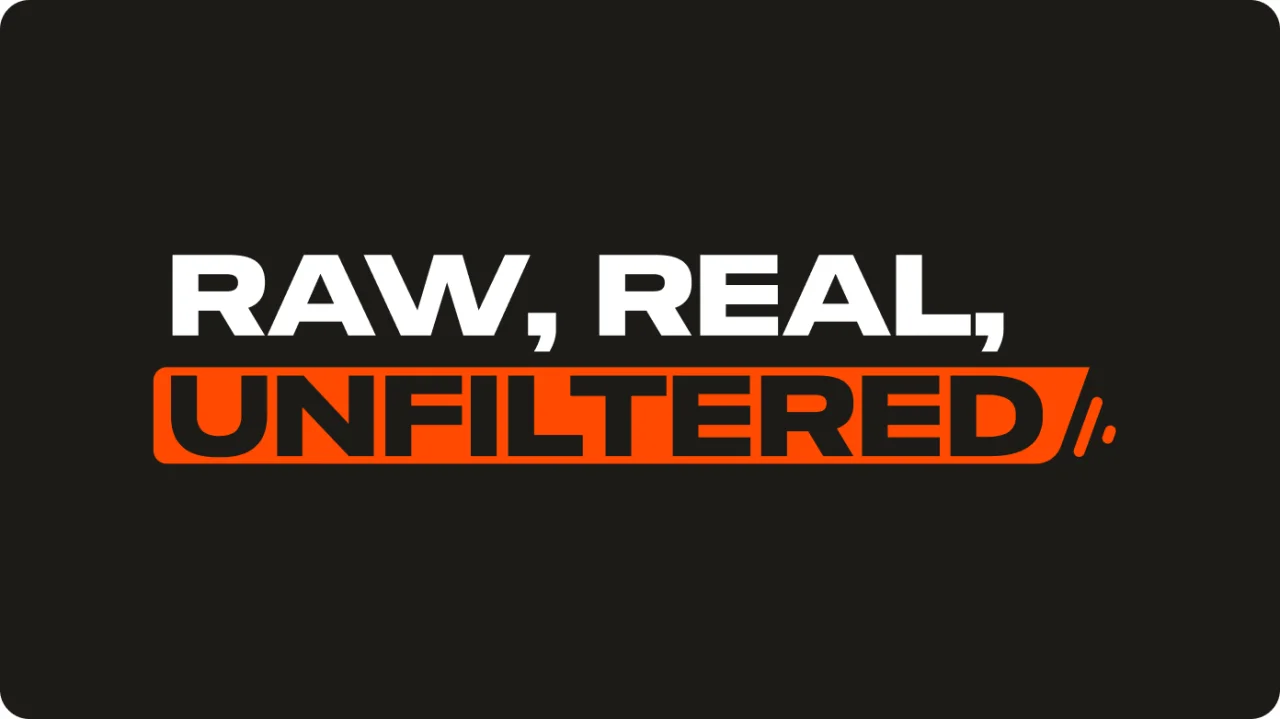Step 1: Choose the Right Business Structure Without Getting Overwhelmed
If you’ve ever Googled “how to start a business,” you know how confusing things get. Limited liability company (LLC)? Sole proprietorship? Corporation? It’s enough to make you want to bail on the whole idea.
But choosing the right structure is your first step in business compliance. Registering as a sole proprietor can be a simple and affordable option if you’re just starting. Later, once you’re earning more and need liability protection, switching to an LLC can make sense, and it doesn’t have to be expensive or complicated. To register, start at your state’s Secretary of State website. You can usually do it online without a lawyer.
Step 2: Register Your Business Name, Even If It’s Just You
If you use a name other than your legal name, you’ll likely need a “doing business as” (DBA) registration. It sounds official (and it is), but don’t worry, it’s usually quick and cheap to file.
Registering a DBA keeps things legal and lets you open a business bank account and start building business credit. That’s a game-changer when you want to separate your personal and business finances.
Step 3: Don’t Let Taxes Scare You
Let’s talk about the thing everyone wants to avoid: taxes. You might not have an accountant or fancy software, but that doesn’t mean you can’t get it right. Start by applying for a free EIN (Employer Identification Number) from the Internal Revenue Service (IRS). Then figure out whether you need to collect sales tax, file quarterly estimates, or pay self-employment tax. It’ll help you stay in compliance, make tax time way easier, and provide a clear paper trail in case you get audited. Use free resources like IRS.gov, your state’s department of revenue, or even social media creators who break it down in plain English.
Step 4: Make Compliance Simple with a Low-Budget System
You don’t need high-end project management tools to keep your legal ducks in a row. Create a simple calendar using Google Sheets or Calendar and include:
That basic calendar can help you simplify your efforts and avoid nasty surprises, such as penalties you didn’t see coming.
Step 5: Get the Right Licenses and Permits
You may need certain licenses or permits depending on what you’re doing, whether selling physical products, offering services, or running an online shop. And yes, that’s still true even if you’re just getting started.
Check your city and state websites to find out what you need. Many places even have a one-stop business portal that lets you search by business type. Don’t assume you’re too small to get checked by licensing and permit enforcers. It’s better to be safe now than to pay for it later in fines.
Why Business Compliance Matters When You’re Broke
You might feel like dotting your i’s and crossing your t’s isn’t that important when you’re barely making money. But staying legal now can save you way more in the long run. A missed deadline or unregistered business could result in fines that wipe out your profit for the month or, worse, shut down your business entirely. Grow your business without fear of being blindsided.
Staying in Compliance with No Team, No Time, and No Budget
If you’re a solo act doing everything yourself, it’s easy to forget about the ongoing effort it takes to follow every rule, but a little planning can make a big difference.
Here’s how you can manage it:
Schedule “check-in” days once or twice a month
Set up recurring reminders for license renewals and tax deadlines
Keep your business documents organized in Google Drive or Dropbox
Stay informed by subscribing to your state’s small business updates
Running a compliant business is more than a one-time thing. It’s ongoing and requires conscious effort, but really should not be all-consuming as long as you have a little forethought.





